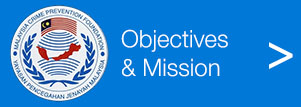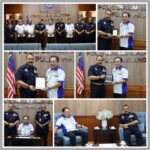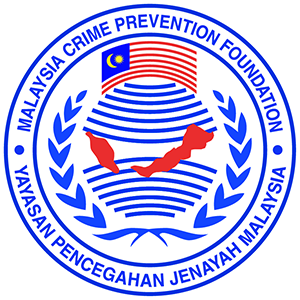
PETALING JAYA: The rapid rise of artificial intelligence is a boon for technology – but it is also a bane when it comes to digital crimes and pornography.
AI-generated pornography including realistic deepfakes and interactive virtual experiences are fuelling a new crisis, especially among the underaged.
Criminologist Datuk Dr P. Sundramoorthy of Universiti Sains Malaysia said that as technology blurs the line between real and fake, it’s also distorting how people perceive human connections, raising concerns over ethics, regulation and psychological harm.
“The young may experiment with their understanding of sexuality in a virtual environment.
“While curiosity about sex is natural during adolescence, these technologies may reinforce unrealistic expectations and encourage behaviour detached from real-life human relationships,” he said.
Sundramoorthy added that parental controls and age verification systems can help limit access but are only part of the solution.
Instead, comprehensive sex education that includes media literacy, digital ethics and the differences between artificial representations and real human intimacy are essential, he said.
On the recent rise in sexual crimes involving the underaged in Kelantan, Sundramoorthy said the state, which boasts about being religiously conservative, needs more than moral enforcement.
“Kelantan faces a troubling paradox of high rates of underage sexual crimes and drug abuse.”
Cultural conservatism can discourage victims from speaking out, with some families resorting to informal settlements or even child marriage to “resolve” such cases, he said.
These conditions allow abuse to persist in silence.
Sundramoorthy said the state’s high rate of drug abuse compounded the problem.
Drug abuse, he said, often intersects with sexual exploitation.
Universiti Pendidikan Sultan Idris’ (UPSI) Assoc Prof Dr Fauziah Mohd Saad said conservative or restrictive environments may prevent openness about sex education, consent and healthy relationships.
The psychologist and counsellor said that this could result in ignorance, stigma and hidden abuse.
“There may also be underreporting due to fear of shame and social backlash, allowing abuse to persist in silence.
“When young people are not taught about consent, boundaries and sexual health, they are more vulnerable.
“Patriarchal norms that disempower women and children can also lead to exploitation. A strong religious background does not always translate to effective enforcement or education,” she said.
Fauziah said comprehensive sex education is needed in schools, covering consent, bodily autonomy and reporting abuse.
She said communities and families should also be empowered to recognise signs of abuse and support victims.
“Family support is so crucial to ensure children do not go astray,” Fauziah said.
“The law should also provide swift justice, stronger protection for minors and harsher penalties for perpetrators,” she added.
Asst Prof Dr Tan Soon Aun of Universiti Tunku Abdul Rahman’s Department of Psychology and Counselling also emphasised instilling greater awareness and education on sexuality among the young.
He said poor bonding with parents and broken families may also lead to children seeking affection and attention beyond their homes.
Exposure to content especially in cyberspace that trivialise or normalise extreme sexual behaviour may also spur the young to be involved in such activity,
“Sex and reproductive health education is crucial from a young age. Parents also need to be supportive and be good listeners,” he said.
This article first appeared on The Star.
Past Events
- MCPF Penang pays a Courtesy Visit to YDH CP Dato’ Ts. Azizee bin Ismail at Penang Contingent Police HQ
- MCPF Penang & MCPF Secretariat Team supports PWDC’s 12th Penang Goes Orange Program at The Esplanade, George Town
- MCPF Penang attends PDRM’s 2025 North Zone ATIPSOM Enforcement Seminar at Grand Ballroom, G Hotel, George Town
- MCPF EXCO Member / MCPF Penang Deputy Chairman Dato’ Seri K. Pulayantran attends MCPF Management Standing Committee Meeting at MCPF HQ
- MCPF Penang guided by its Chairman Dato’ Seri Ong Poh Eng holds a Tender Opening for CCTV Project (SMK Mengkuang) Proposal at PGC






